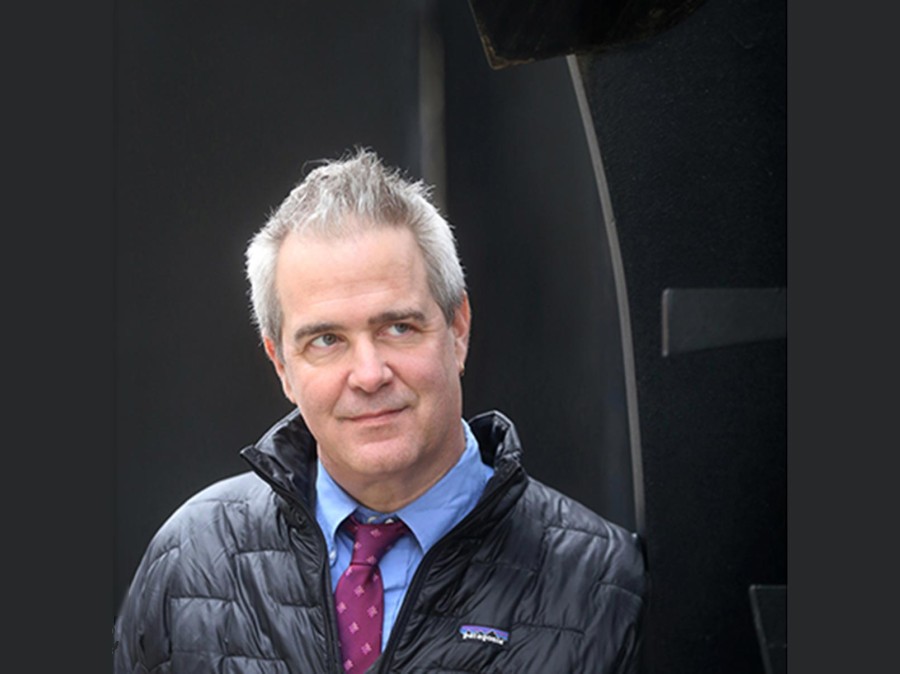The Glass is Half-Full: An Optimistic Academic Career Outlook for German Studies PhDs in U.S. Higher Education

Professor Per Urlaub, Director of Global Languages at MIT.
Throughout the 2010s, an anonymous internet blogger used the metaphor of the trainwreck to describe the academic job market in German Studies and attracted a wide readership among graduate students, their advisors, and administrators. Signed off with the pen name Adjunct Nate Silver, the bleak, data-driven analyses routinely criticized graduate programs at R1 universities for generating a much larger number of PhDs than the field was able to absorb into tenure-track positions. Whereas these concerns were not entirely new in the 2010s, the blog’s popularity signified a growing sense of fatalism in our field regarding the academic job market. This sentiment was further fueled in recent years as a result of a perception of an ongoing defunding campaign against the humanities in the wake of the anti-intellectual and nationalistic ideologies the Trump administration as well as the disruptions caused to the higher education system in the wake of the Covid-19 pandemic. As a result, today’s professionalization events and job market trainings offered by organizations such as the MLA tend to be dominated by a pessimistic tenor.
While acknowledging the complexity of the academic job market in German Studies, my presentation will offer a more nuanced and optimistic assessment of the prospects on the academic job market for German Studies PhDs from top-ranked institutions. My optimistic outlook, however, relies on a broader appreciation of meaningful career opportunities beyond the tenure-track appointment at an R1 university with a strong profile in the humanities. My presentation will therefore focus on strategies of successful applicants for faculty positions in language departments at private liberal arts colleges and STEM-oriented R1 universities. Moreover, I will highlight professional opportunities in academia beyond the tenure-track position and discuss how humanities PhDs find rewarding careers that resonate with their academic training and pedagogical passion in administrative positions and leadership roles at universities beyond the narrow confines of a tenure-track appointment. I will therefore conclude my presentations with a set of concrete recommendations not only for graduate students at all levels, but also for advisors, mentors, and writers of reference letters who intend to support a broad range of aspirations.
(Presentation open to graduate students and faculty of the German department only.)




